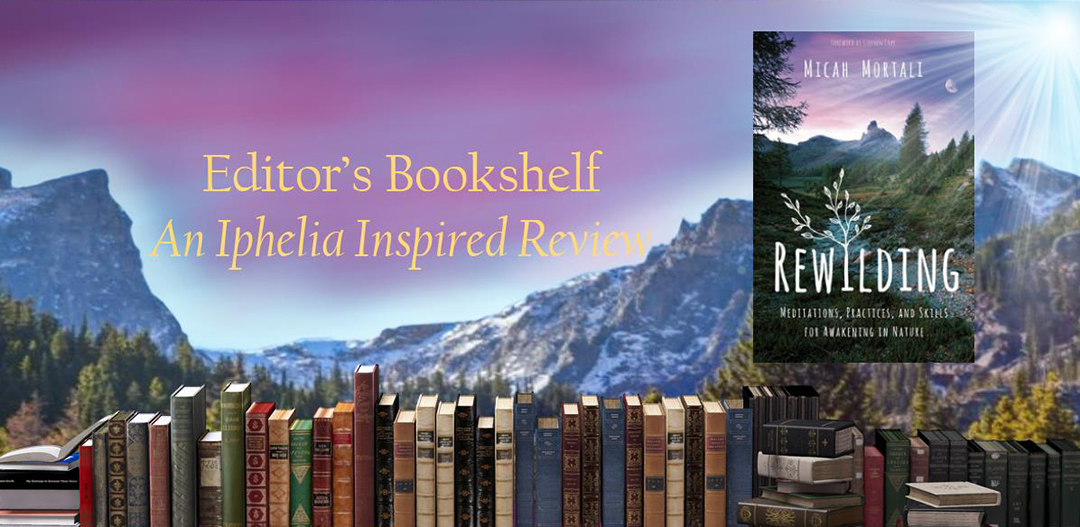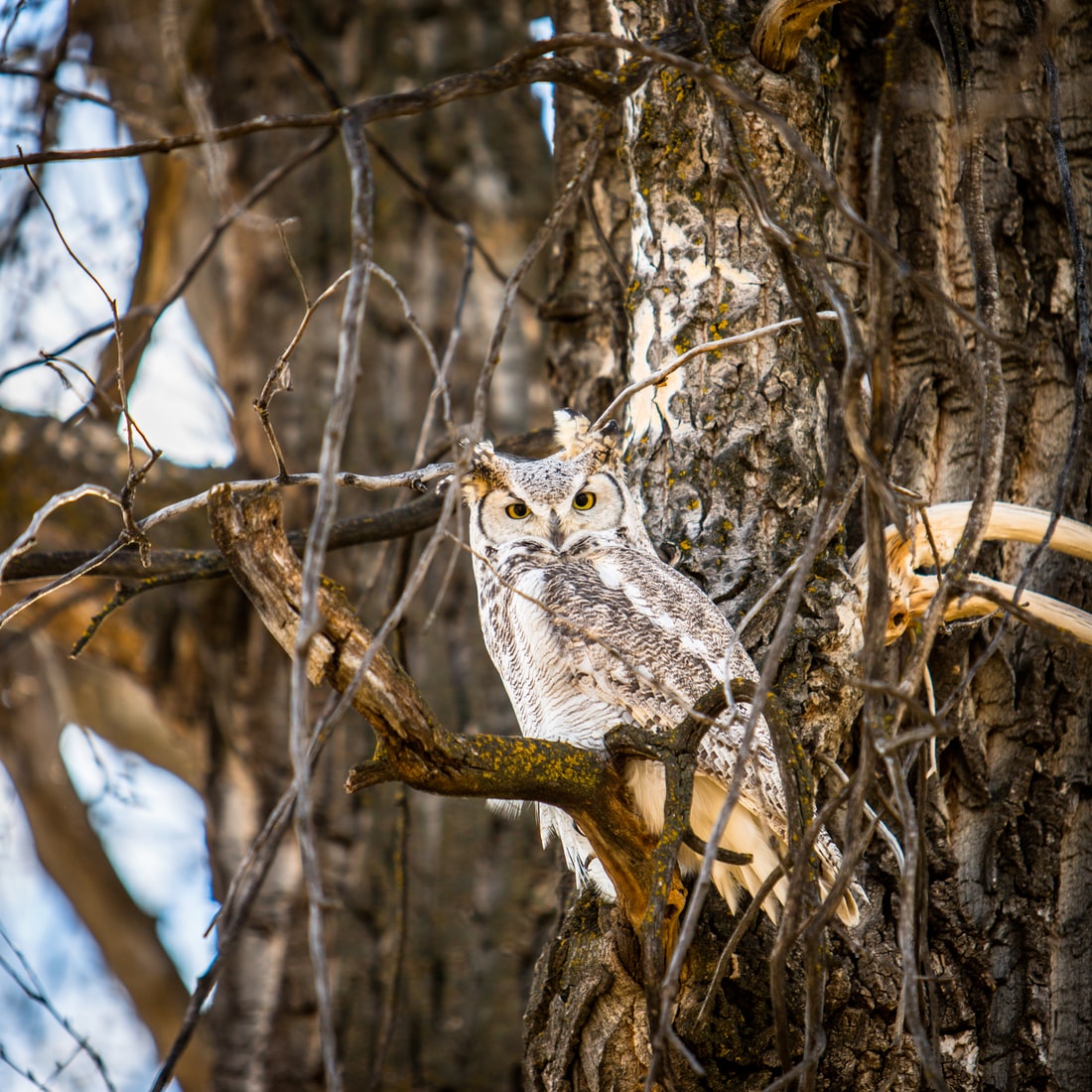
Many books I’ve read contain wisdom; few feel like they come from a deep place of wisdom. Rewilding by Micah Mortali, Director of the Kripalu Schools and the founder of the Kripalu School of Mindful Outdoor Leadership, definitely does. Luckily for me, it also gets at a question that’s been on my mind for months, and rather than telling me what to think, is helping me feel my way toward my own answer.
Back in September, I had the privilege of reading a series of essays by Jungian analyst Pat Berry with a group hosted by the Jung Society of St. Louis. It was some provocative writing focused on dreams, and, of course, it also touched on the nature of being human, as dreamwork tends to do. In October, I met Pat Berry at the Jung in the Heartland Conference, a relatively intimate gathering. I got to ask her about a passage in one of her essays that sparked major questions (and strong feelings) for me:
Human creativity is like nature’s creativity.

Is human creativity really “like” nature’s creativity? Or are we, as animals—like other animals—part of nature, such that our creativity is an incarnation of nature’s creativity? No simile required.
Yes. Pat Berry seemed open to that idea, but the conference, which was about Myth, Meaning, and the Infinite (aka everything, from my point of view), didn’t leave us room to discuss how to be more natural, to connect with the wild world of which we’re a part.
Rewilding does. In fact, that’s what this book, which feels like a lab for Clarissa Pinkola Estes’s Women Who Run With the Wolves, is all about.
The first three chapters tell Mortali’s story of becoming a wilderness leader for troubled youth, a yoga instructor, and a dad who’s raising his kids on the land in the Berkshires (without renouncing modern life and a prestigious administrative position at Kripalu—one of the most famous retreats in the country).

These chapters are a bit creative nonfiction, and a bit slow-moving. There are stories. There’s philosophy. Requiring readers to shift gears to get present to stick with these chapters is probably Mortali’s point. And if your experience is anything like mine, you’ll start having more and more nature encounters (animals, specifically, for me: deer, owl, raccoon, possum, kitties) as you really dig in.
While there are recommendations for nature, or “rewilding,” activities in chapters 1, 2, and 3, it’s in Chapter 4 that Mortali gets into the nitty-gritty of how to build and meditate with fires: the most pertinent rewilding practice introduced in the book. His writing about this process is breathtaking.
He also writes about yoga and mindfulness (on which he’s built his career) with a no-BS approach, noting that just as much as he’s concerned with “these ancient practices” being commodified, he’s concerned that “they are being used as pacifiers to help people put up with the negative effects of modern society.”

In the same way that Iphelia encourages readers to connect with, feel, and actually express their feelings, Rewilding encourages “a desire to connect with life” by engaging, cautiously and reverently but also boldly—as a birthright—what Mortali calls the more-than-human world.
While I’m sensitive to the fact that Rewilding could feel out of touch to readers living in industrial/urban environment, his efforts to make his teachings accessible and actionable are clear.
This book would be a great read for anyone who wants to consider their part in nature and learn to feel it more deeply through nature meditation, responsible hiking and camping, forest bathing, conjuring bow-drill fires, cultivating lasting relationships with wild animals, or even just better knowing and appreciating a nearby park or their backyard.
Editor’s Bookshelf is a regular review of soon-to-be-released books that, in the spirit of Iphelia, asks important questions about how the written word—and in some cases, imagery—are used to help readers reconnect with their feelings, themselves, each other, and the world around them.
Iphelia’s editor, Linsey Stevens, answers these questions—chiming in on who will be most captivated by each book’s contents and how it invites readers to return to a heart-centered way of being.
Rewilding by Micah Mortali will be available on December 3, 2019, from Sounds True. For more on Mortali’s work and Kripalu Center for Yoga & Health, visit his Kripalu page. For more on Iphelia: Awakening the Gift of Feeling, visit our book page.

